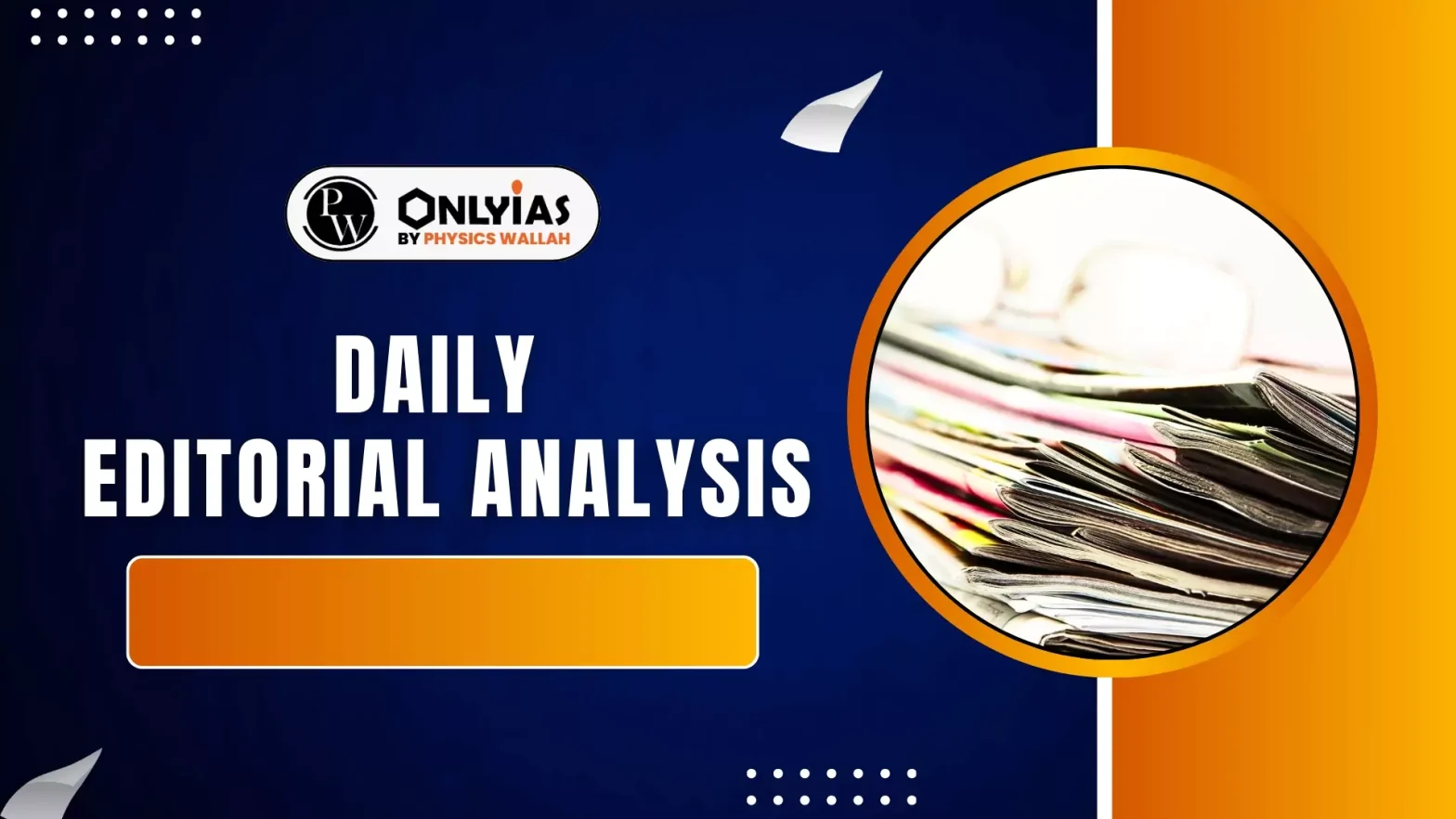The Nobel Peace Prize was awarded to Maria Corina Machado, the opposition leader of Venezuela, for promoting democratic rights in her country and her struggle to achieve a transition to democracy.
Background
- Hugo Chavez: Venezuela, located in South America, was historically a wealthy nation, possessing some of the world’s largest oil reserves.
- In 1999, Hugo Chávez, a military leader, came to power and introduced the Bolivarian Revolution (also known as Chavismo).
- This movement was named after Simón Bolívar, a respected figure in Latin America for his role in achieving independence for various countries.
- Pillars of Chavismo: Chavismo was based on three main pillars:
- Socialism: Implementing welfare programmes, such as free health care and free education.
- Populism: Leaders engaged in populism, giving away free goods to gain favours.
- Chávez was a charismatic personality who built direct communication with the public and convinced them he was their saviour.
- Anti-Americanism: Blaming the USA for domestic problems, aligning with countries opposed to the US (like Cuba, Russia, and China), and rejecting Western democracy.
- Institutional Collapse and Humanitarian Crisis: Initially, the high price of oil allowed Chávez to fund the free schemes, and poverty briefly decreased. However, Chávez began systematically destroying national institutions:
- The judiciary was politicised, with loyal judges appointed.
- Control was established over the Election Commission, ending its impartiality.
- The media was suppressed and silenced, and opposition leaders were jailed as traitors.
- Nicolás Maduro: Following Chávez’s death in 2013, Nicolás Maduro took power and behaved even more like a dictator, worsening the situation.
- Current Situation: Venezuela is currently experiencing a humanitarian crisis. Data indicates:
- There is hyperinflation, where people need bags of money to buy a packet of bread.
- Over 2 million people are affected by hunger.
- Approximately 7 million people, or 25% of Venezuela’s population, have fled the country.
- Elections, sanctions, and diplomacy have all failed to resolve the situation in Venezuela.
Machado’s Contribution to Democracy
- Maria Corina Machado, an engineer and a mother, emerged as a beacon of hope against the dictatorship.
- 2002: She founded the NGO Sumate to monitor and supervise election fraud.
- 2005: She spearheaded a Right to Recall referendum against Chávez, which resulted in her being charged with sedition and labelled an agent of America.
- 2014: She led students protesting Nicolás Maduro, which again resulted in sedition charges.
- 2024 Election: Machado was banned from running, yet she united the entire opposition behind candidate Edmundo González.
- Although surveys suggested González would win easily, the dictator Maduro rejected the election results.
- Machado wrote an article in 2024 stating she was writing in hiding due to fear for her life.
- Maduro also jailed over 2,000 opposition workers during the 2024 election.
Way Forward
- Safe Exile: Offering Maduro and his top generals the option of safe exile with a provided they relinquish power. However, they may not leave without fear of consequences.
- Amnesty: Granting general amnesty to lower-level military officers and officials if they choose to support democracy.
- Military Intervention: The US could potentially deploy its army to remove Maduro, but this carries the risk of a military conflict.
Conclusion
Her political activism has come at a cost, leaving her isolated, as nearly all of her senior advisers have been detained or forced to leave the country. Ms. Machado herself has accused Mr. Maduro’s administration of operating as a “criminal mafia”.
![]() 11 Oct 2025
11 Oct 2025
